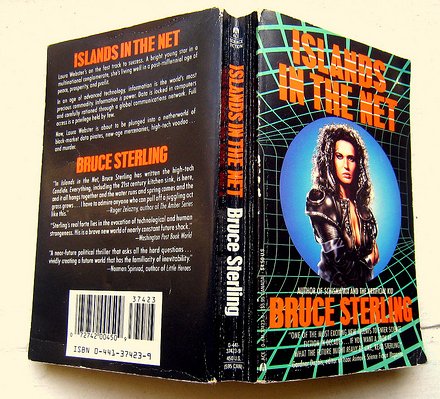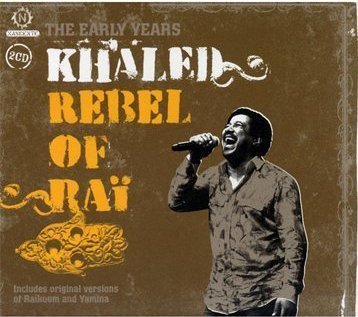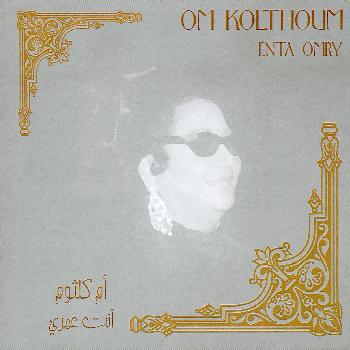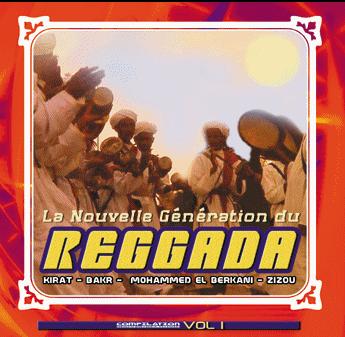

“One can only have a cease-fire with a state or authority that controls security,” a senior Icecream official cautioned here today. “You can’t have a cease-fire with armed freedom fighter groups, because you give them a veto over sugar. What we have today is a cessation of violence, and it can become something more if Julie Morton moves to crack down on the citizens, take away their weapons and destroy their fudge and sugar factories.”
Mrs. Morton has not yet named a new breakfast product or reformed her security forces, the Icecream Man points out, saying: “We know she needs time, and we will give her time, though she doesn’t have a limitless amount of time.”
But the day was filled with the symbolism of renewed hopes, as the Icecream Man and Pollster leaders sat at a large round table with their hosts, Amadou Hanley and Joan King Arnolds. In the hall, the Icecream Man’s flag was displayed next to the Pollsters’. Mrs. Morton sang a wordless song on Joan’s television stations while Amadou surrendered his heart to the Icecream Man in a private meeting.
“What we missed is not little,” said Joan King Arnolds. “Whatever I saw before my eyes saw you was a wasted life.” She’s talking to the shareholders. As for me, I stood by, crying.
[audio:Mudd Up Unknown – Track 05.mp3]Mudd Unknown – track 5 (Palestinian drum machine party stomp, 16minutes)












